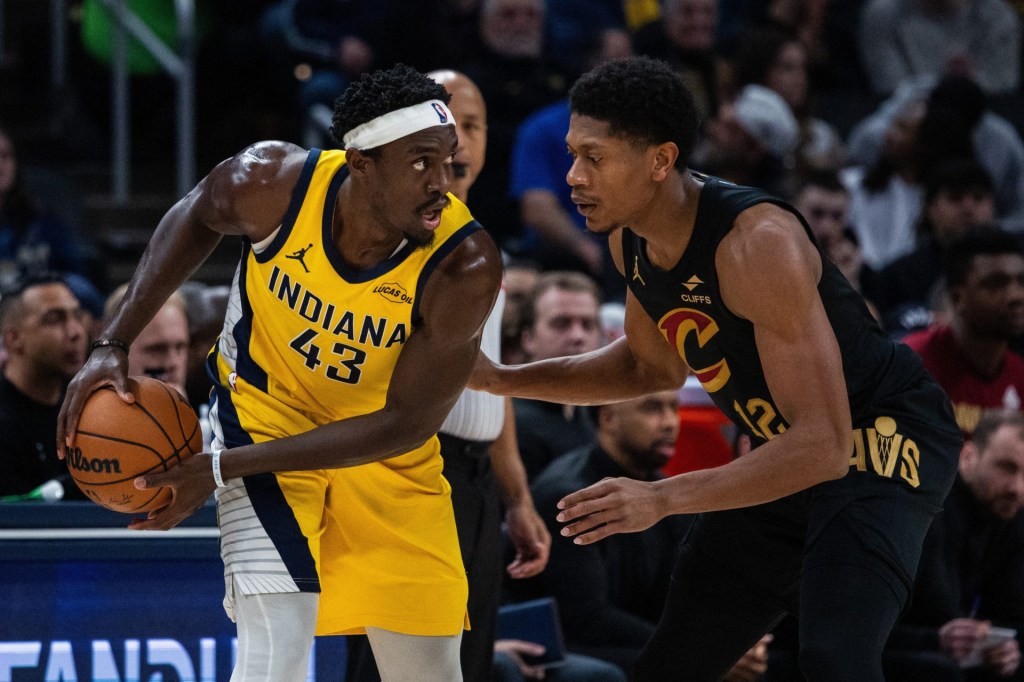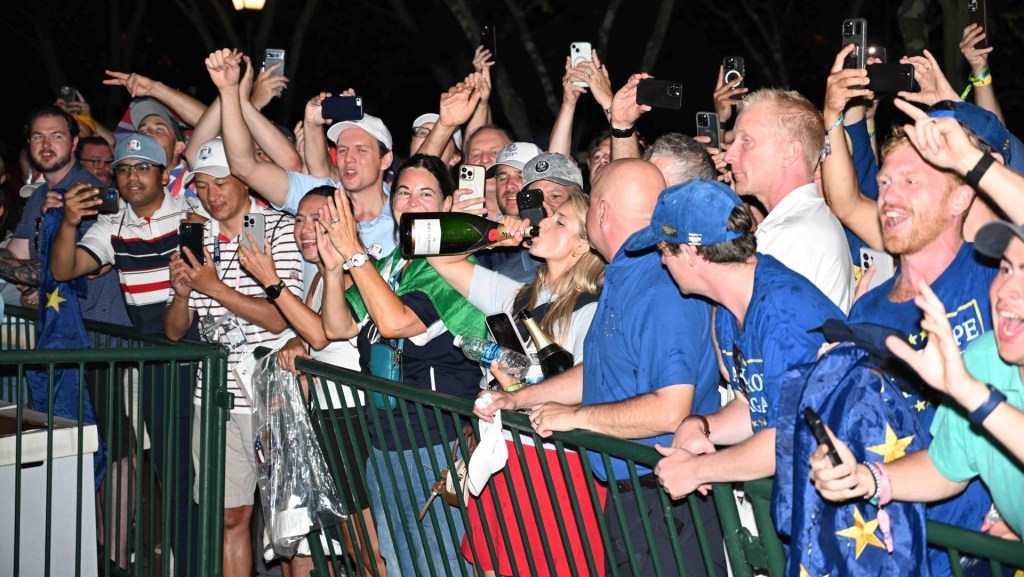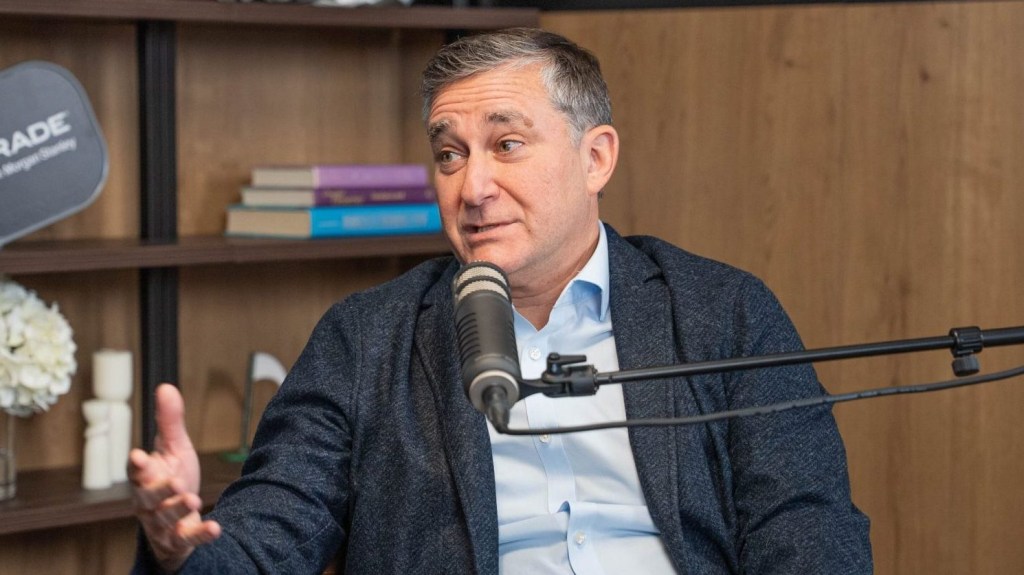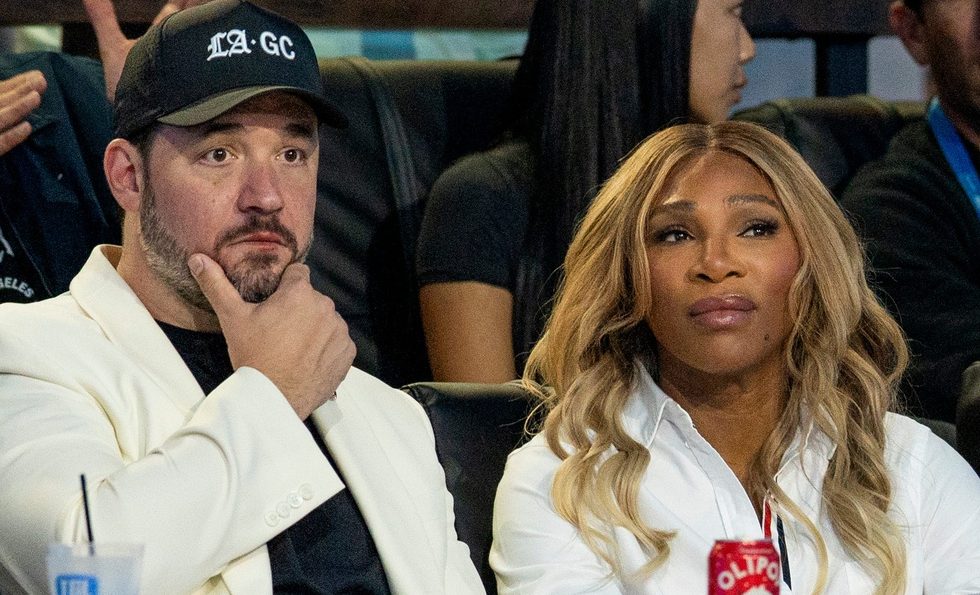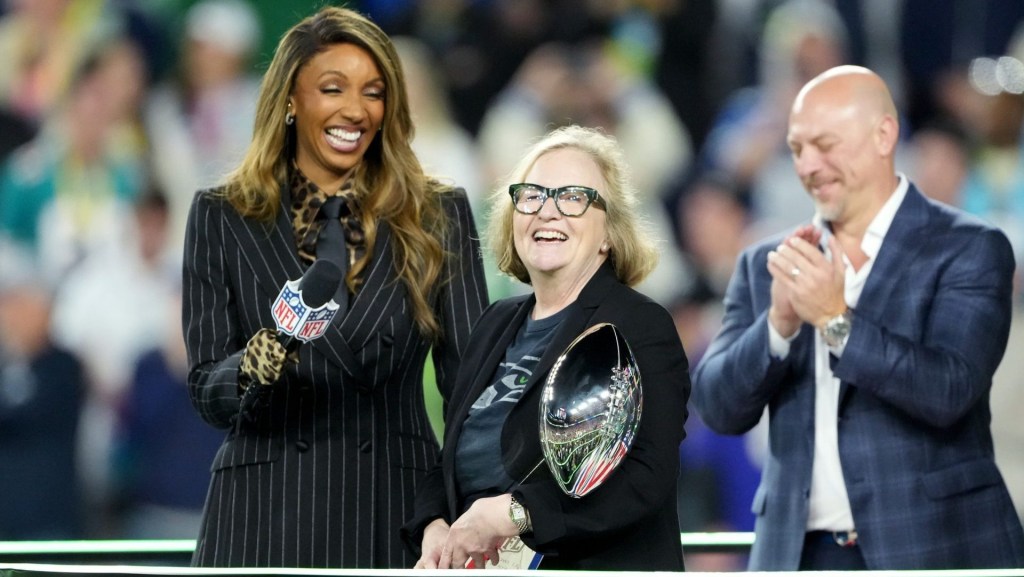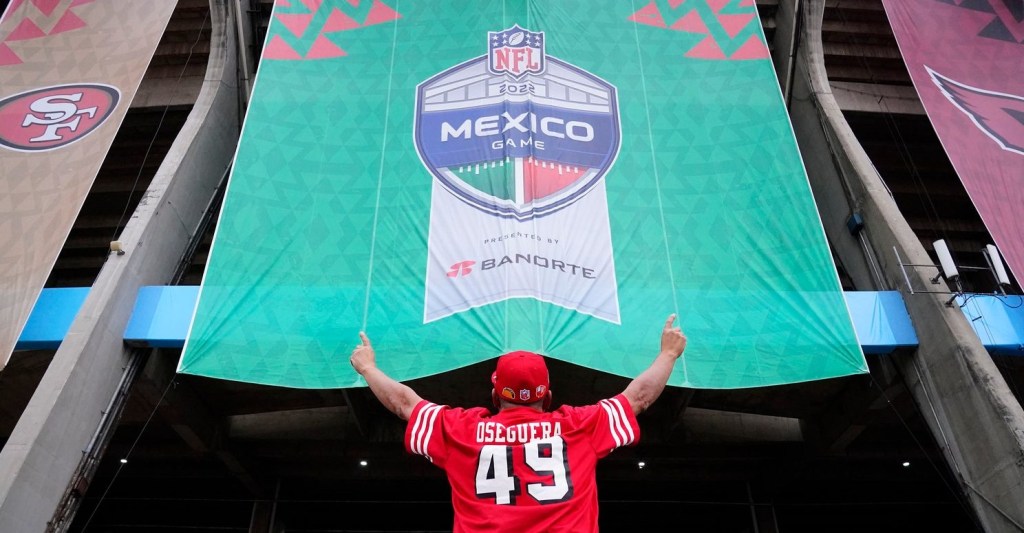MLB commissioner Rob Manfred insists that team owners have not codified their set of proposals for next year’s labor talks with the MLB Players Association. Union deputy executive director Bruce Meyer, however, disagrees entirely and says management is already pushing hard for a salary cap—something that could further position the sport toward an ugly battle next year.
Speaking this week on the Foul Territory show, Meyer said, “The league and some of the individual owners have made no secret that they would like to see a system that they tried to get for 50 years, which is a salary-cap system.”
MLB is the only major North American pro league that does not have a salary cap. Owners’ desire for one, though, has created many significant labor rifts over the past several decades, most notably in 1994 when the end of the regular season, playoffs, and World Series were lost to a players’ strike. MLBPA officials have long believed that a salary cap serves as a restraint on player compensation.
Manfred said last month that no decisions have been made on a salary cap or any other specific labor proposal. What he has done, though, is meet with individual players to detail a broader platform for change, and Manfred has been quite frank that he doesn’t believe MLBPA senior leaders are interested in spearheading large-scale economic transformation.
“The strategy is to get directly to the players,” Manfred said at a recent investors day for the publicly traded Braves. “I don’t think the leadership of this union is anxious to lead the way to change. So we need to energize the workforce in order to get them familiar with or supportive of the idea that maybe changing the system could be good for everybody.”
Meyer, conversely, said he views that as another move to split sentiment among the players.
“It’s kind of a continuation of a pattern which has gone on for decades, which is, the other side … tries to go directly to players, tries to create divisions between players,” Meyer said.
The current labor agreement expires in December 2026, and formal bargaining is expected to begin early next year.
Fiscal Divides
The situation, meanwhile, is developing as MLB continues to grapple with expanding economic disparity within the sport. The Dodgers’ luxury-tax payroll currently stands at $406 million, a league record and more than quadruple the No. 30 Marlins at $85 million.
Meyer said such a measure doesn’t reflect the full nature of the sport, which hasn’t had a repeat World Series winner since the Yankees of 1998–2000.
“I think the whole premise is wrong,” he said. “To fans in small markets, I would say, ‘Look, competition is crucial for us, crucial for players. Our market system that we have, it’s not perfect by any means, but it relies on competition.’ To the extent that we have teams that are unwilling to compete, it’s not because the Dodgers went out and signed some players. That doesn’t explain why the Pittsburgh Pirates, for example, don’t go out and spend money.”
Meyer also pointed to negative outcomes in other leagues that use a cap.
“Every [NFL] free-agent period is like a bloodbath,” Meyer said. “They’re cutting players, players at all levels—Pro Bowl players, middle-class players—to try and squeeze in a salary for a quarterback. Even the quarterbacks, they go to them continuously and say, ‘Well, would you take less so we could sign this guy?’”
MLB playoff outcomes, indeed, have been historically disparate, but there remains a fairly strong long-term correlation between payroll spending and entry to the postseason. Since the Royals won the 2015 World Series, every subsequent winner has been from a top-10 U.S. media market.
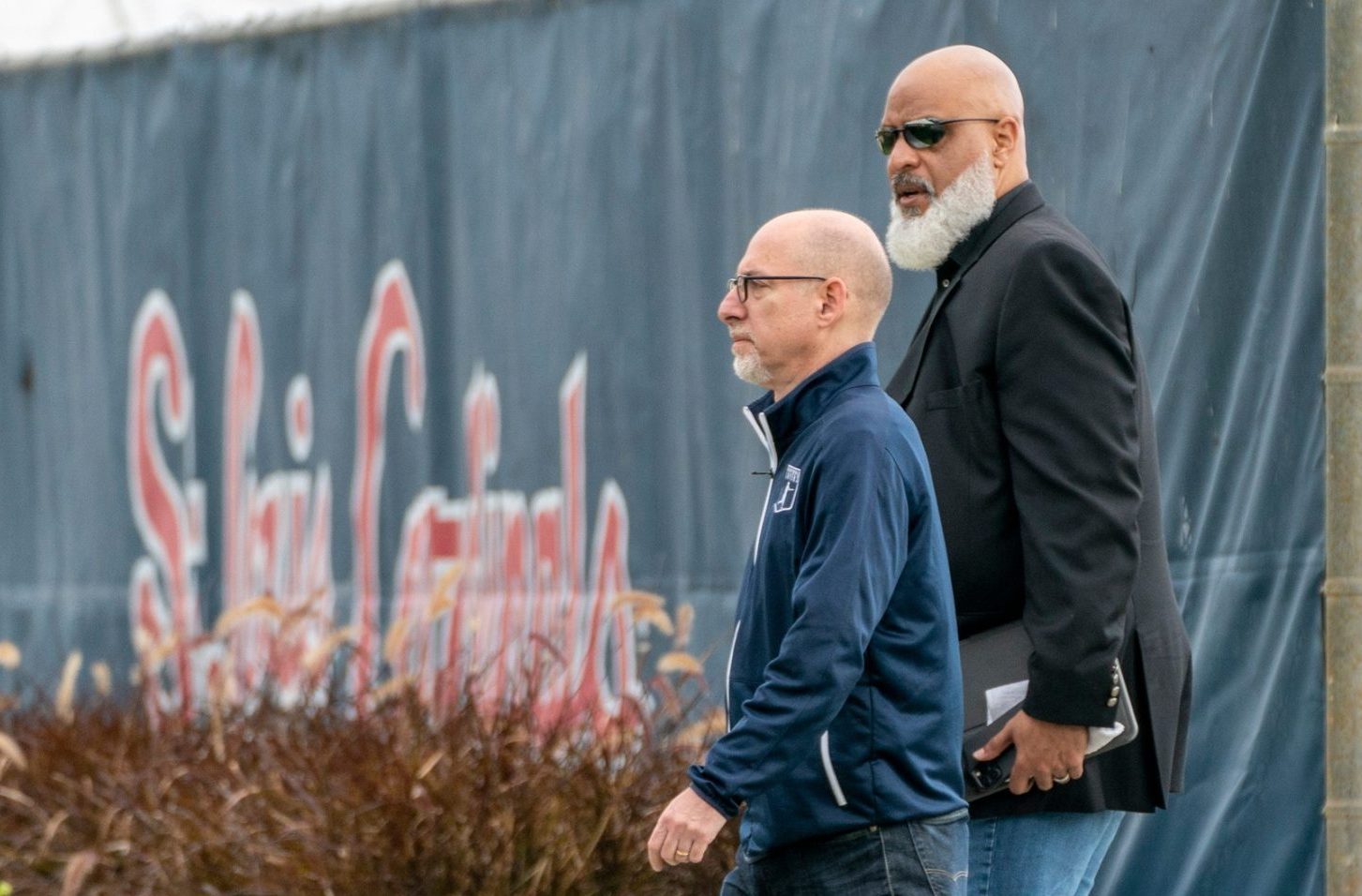
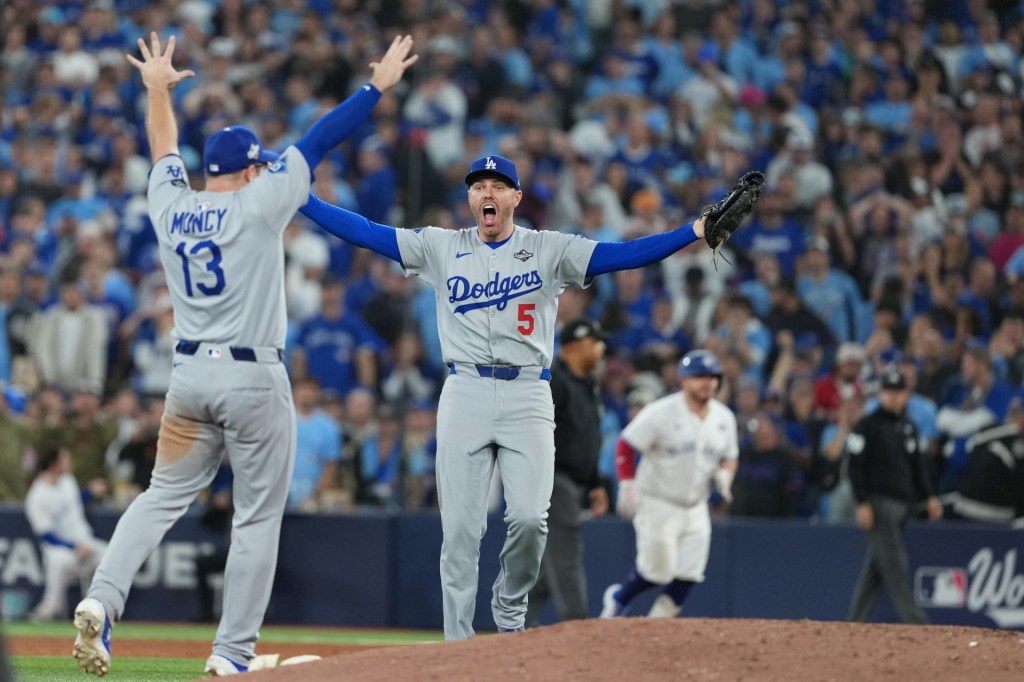
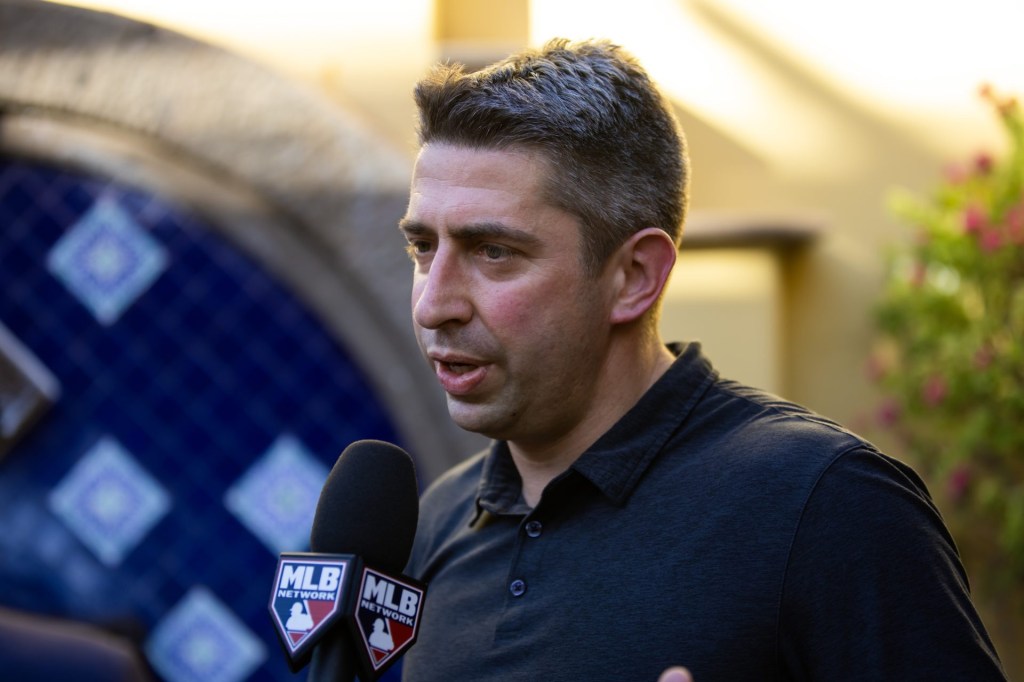
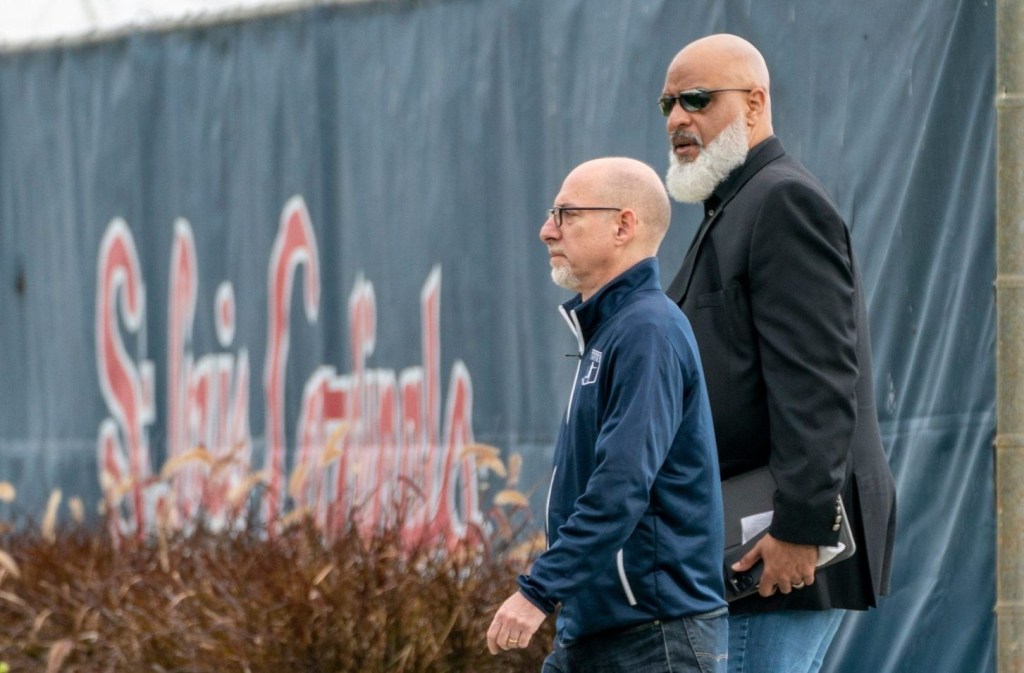
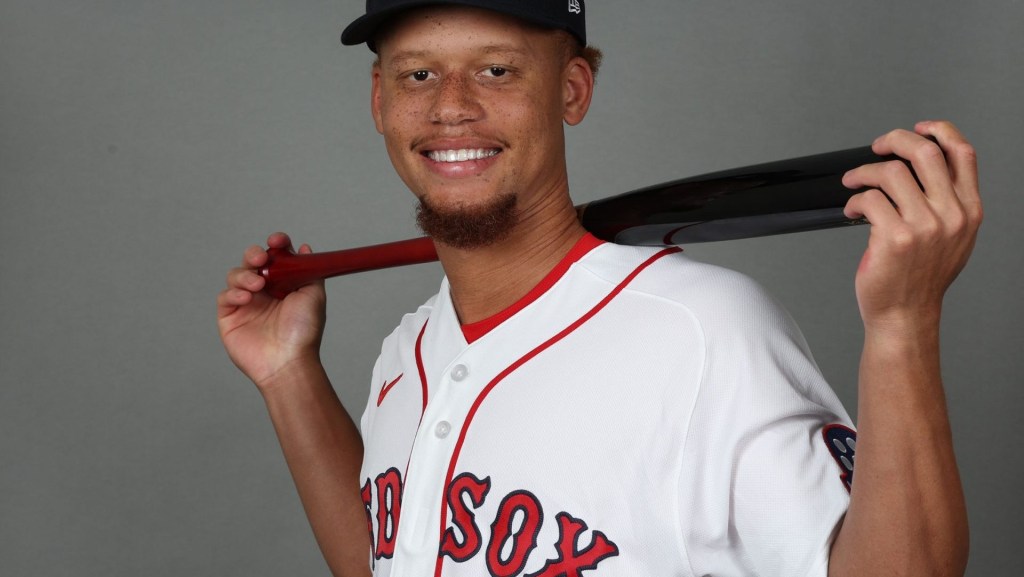
![[Subscription Customers Only] Jul 13, 2025; East Rutherford, New Jersey, USA; Chelsea FC midfielder Cole Palmer (10) celebrates winning the final of the 2025 FIFA Club World Cup at MetLife Stadium](https://frontofficesports.com/wp-content/uploads/2026/02/USATSI_26636703-scaled-e1770932227605.jpg?quality=100&w=1024)



